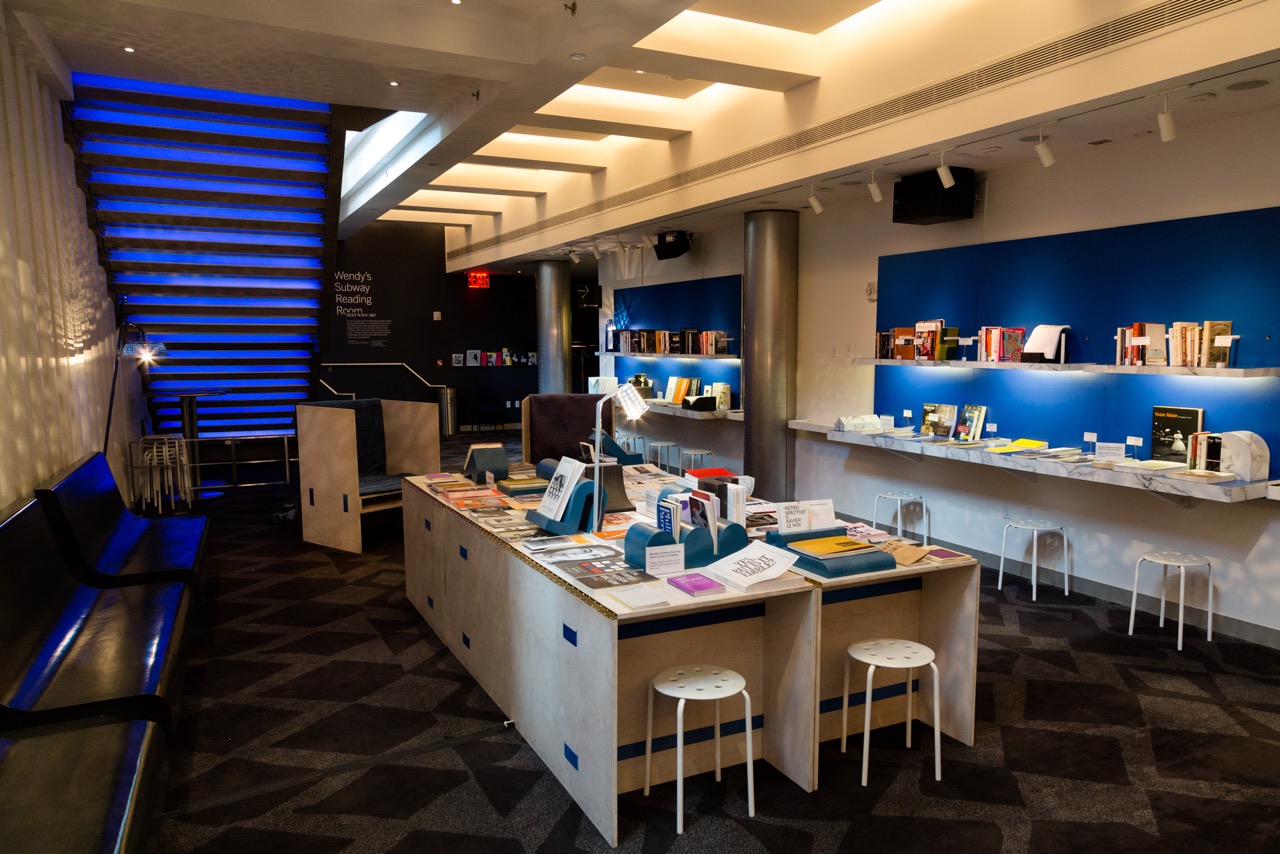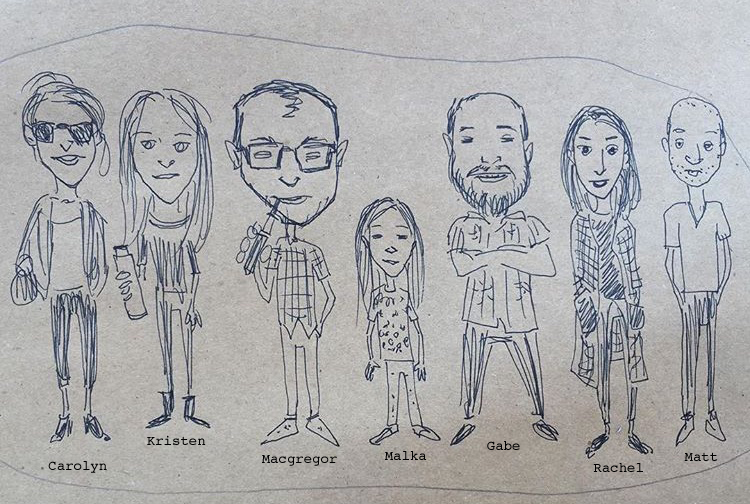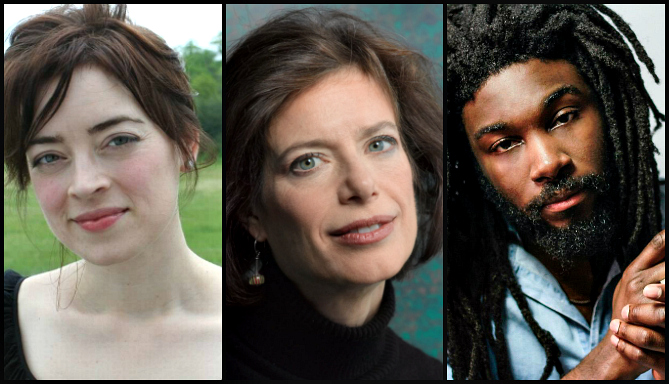Rachel Valinsky is a cofounder of Wendy’s Subway, a nonprofit library and writing space in Bushwick, Brooklyn. As an independent curator, writer, and translator, she has presented projects at Judson Memorial Church, Lisa Cooley, and Spectacle Theater, and written for East of Borneo, Millennium Film Journal, BOMB, C Magazine, and the Third Rail. She is the editor of Warm Equations (Édition Patrick Frey, 2016) and a contributing editor at Éditions Lutanie, Paris. Valinsky is currently a doctoral student in Art History at the Graduate Center of the City University of New York.
Since the founding of Wendy’s Subway in December 2013, we have been steadily growing a space for writing and thinking across disciplines. In January 2016, we moved to a new storefront space, which comfortably houses our collection of over three thousand books, periodicals, and printed matter, as well as the Laurin Raiken Archive, an extensive resource for the study of art history and criticism. During the day, the space is open for writing, and on some evenings, we host public programs, including readings and screenings, interdisciplinary talks and lectures, discussion and reading groups, as well as writing workshops. Open to the public, we welcome readers to consult our non-circulating library. Likewise, our membership actively contributes to the operations of the organization, by taking part in the daily life of the space, writing together, and conceiving of projects that are developed independently or as a group, with peers and friends from Wendy’s and beyond.

In 2015, we launched a mobile Reading Room project. Designed by Tyler Polich and Hannah Wilentz, the Reading Room has been presented at a variety of locations in and outside of New York, in each case directly engaging with the context and site of the invitation. It has addressed the topics of experimental writing, visual art, and digital media (for Brown University’s Interrupt 3 conference and “From Line to Constellation” group exhibition) and place and revolution (for Open Engagement’s 2015 conference at the Carnegie Mellon School of Art), among others. At NADA New York in May 2015, Wendy’s Subway partnered with the Mexico City-based library Aeromoto to present a selection of books by Latin American publishers, paired with books in our collection. Central to the mission of the Reading Room is to develop close partnerships and conversations with exhibiting or presenting artists.
As I write this, we’re preparing for a Political Therapy workshop, led by artist Liz Magic Laser and certified life coach Valerie Bell, which is meant to help participants confront and express their mounting frustrations in the face of this year’s presidential election. The workshop will take place in the Reading Room we’ve installed at the Brooklyn Academy of Music (BAM) for the Next Wave Festival, which lasts all fall. Here, the collection of nearly four hundred books on display focuses on performance, dramaturgy, theater, dance, choreography, and poetics while also highlighting titles chosen by the artists performing in the festival and the visual artists whose work is exhibited across BAM’s many locations. In the lower lobby of the BAM Fisher Building, the Next Wave Reading Room is a fixture of the festival, open to the public every day for browsing and extended reading.
This is the first time, however, that we have been able to organize a series of public programs with the Reading Room that systematically extend the collections’ reach to wider audiences. With readings and workshops every month of our stay at BAM, we’ve brought in diverse communities of writers, artists, performers, and enthusiasts of all kinds for interdisciplinary programs.
This past October, a program pairing six writers and performers, one of several in this series to receive generous support from Poets & Writers, drew over a hundred audience members. The Reading Room was packed, yet the surprising and meaningful resonances that echoed across each set of readings made for a very intimate evening—one that reminded me of the intimate feel of our space in Bushwick, where we can comfortably accommodate forty people. Supporting writers gave them more resources to develop connections across their work—connections which reverberated across the Reading Room and speak to the collaborative mission of Wendy’s Subway.

Follow the projects and adventures of Wendy’s Subway on Instagram.
Photos: (top) Wendy’s Subway Reading Room at BAM Fisher designed by Tyler Polich and Hannah Wilentz. Photo credit: Greg Bosse. (bottom) Drawing of several Wendy’s Subway board members and friends at the Los Angeles Contemporary Archive, AWP Offsite Program. Drawing by Matt Longabucco.
Editor’s Note: Wendy’s Subway cofounder Carolyn Bush passed away on September 28. Contributions to a fundraiser in her honor will go in part to Wendy’s Subway, “to continue the legacy she started.”
Support for Readings & Workshops in New York City is provided, in part, by public funds from the New York State Council on the Arts, and the Department of Cultural Affairs, with additional support from the Louis & Anne Abrons Foundation, the Axe-Houghton Foundation, the A.K. Starr Charitable Trust, and the Friends of Poets & Writers.







